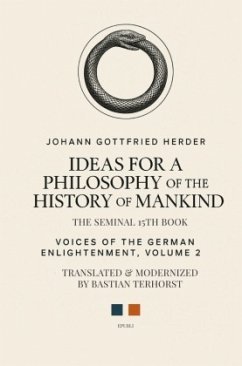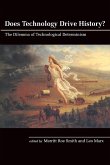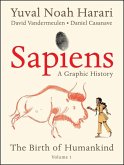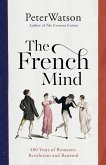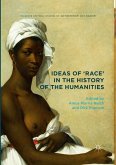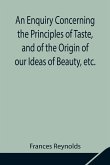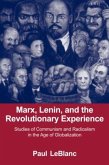"Rome disturbed the balance of the world, and under its sway, a world bled. What new order will rise from this upheaval? What new form will emerge from the ashes of fallen nations?"Available in a modern translation for the first time, this foundational text of the German Enlightenment offers a profound glimpse into the philosophical landscape of 1788-and the future it helped shape.Published just one year before the outbreak of the French Revolution, it lays out a sweeping theory of human development and a powerful vision of historical progress.A crucial document for understanding the foundations of our world.This volume 2 continues the "Voices of the German Enlightenment" series begun with Wieland's "The Secret of the Order of Cosmopolitans". Also available in the series: "What is Universal History" from 1789 by Schiller.
Bitte wählen Sie Ihr Anliegen aus.
Rechnungen
Retourenschein anfordern
Bestellstatus
Storno

